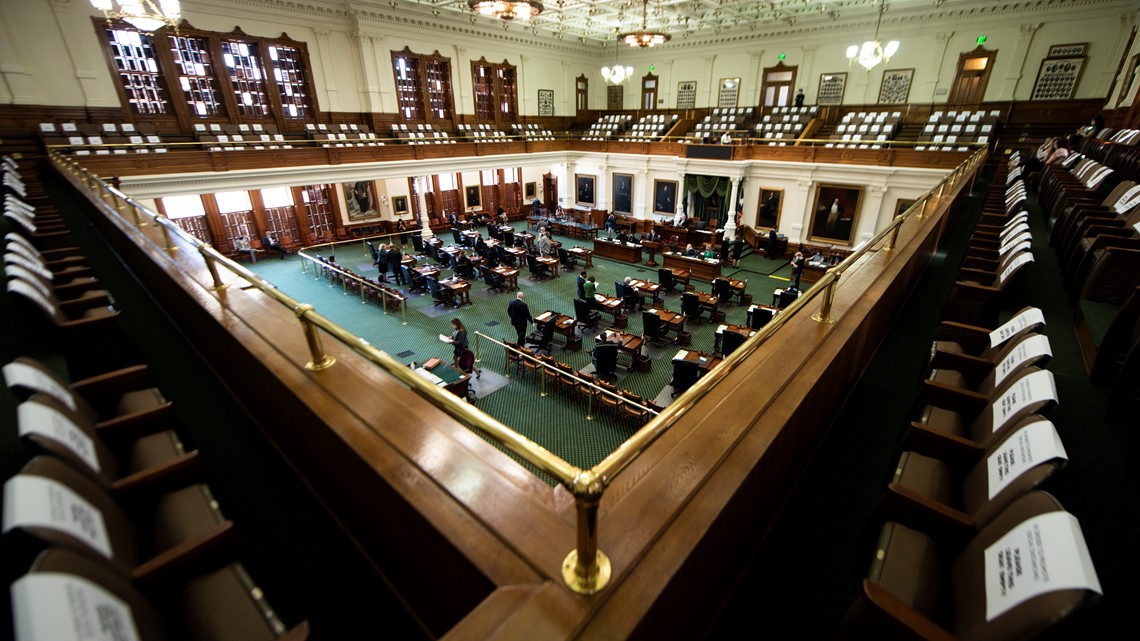
Senate Bill 8 would require people to use restrooms and locker rooms that match their sex assigned at birth in public schools and government buildings.
AUSTIN, Texas — The Texas House wasn’t in session Tuesday, but the Senate was. Lawmakers gave final approval to a handful of bills, including some controversial ones.
The upper chamber is moving quickly in the second special session. State senators took the final vote to pass six bills on Tuesday, including one that would make it easier for police to withhold certain records, another that would give the Attorney General’s Office more power to prosecute election crimes, and another to ban taxpayer-funded lobbying.
Another bill that received final approval was Senate Bill 8, the so-called “bathroom bill,” officially known as the “Texas Women’s Privacy Act.”
SB 8 would require people to use restrooms and locker rooms that match their sex assigned at birth in public schools and government buildings. It would also put similar requirements on prisons and domestic violence shelters. Public entities that didn’t comply would face fines of $5,000 for a first-time offense and $25,000 each time after, and the Attorney General’s Office would enforce the requirements.
State Sen. Mayes Middleton (R-Galveston) said the bill is about protecting the privacy and dignity of women and children.
“Women and girls should never be forced to give up their privacy to men that are pretending to be women. This is common sense,” Middleton said. “As a dad to a little girl, our daughter should not have to worry about who’s in the restroom, or their changing room, or their locker room.”
But opponents of SB 8 say the bill will lead to more discrimination and harassment of transgender Texans. State. Sen. Judith Zaffirini (D-Laredo) also raised concerns about enforcement.
“Nobody wants men in women’s restrooms or women in men’s restrooms, but this bill is not about that. By tying sex to reproductive anatomy, the bill invites intrusive verification measures that threaten privacy and civil liberties,” she said.
The Senate also advanced Senate Bill 10 on Tuesday, which would lower how much city and county leaders can increase the tax rate year-over-year without voter approval from 3.5% to 2.5%. Republican state lawmakers say this will give voters more power, but local leaders say the bill will add more barriers for local governments to do what they need to do to deal with growth.
Also on Tuesday, the full Senate also advanced Senate Bill 6, which is a full ban of products containing THC.
All the bills finally approved by the Senate now head to the House for consideration. SB 6 in particular will be interesting to watch, as there is a greater appetite in the lower chamber for regulating THC products, rather than banning them.
